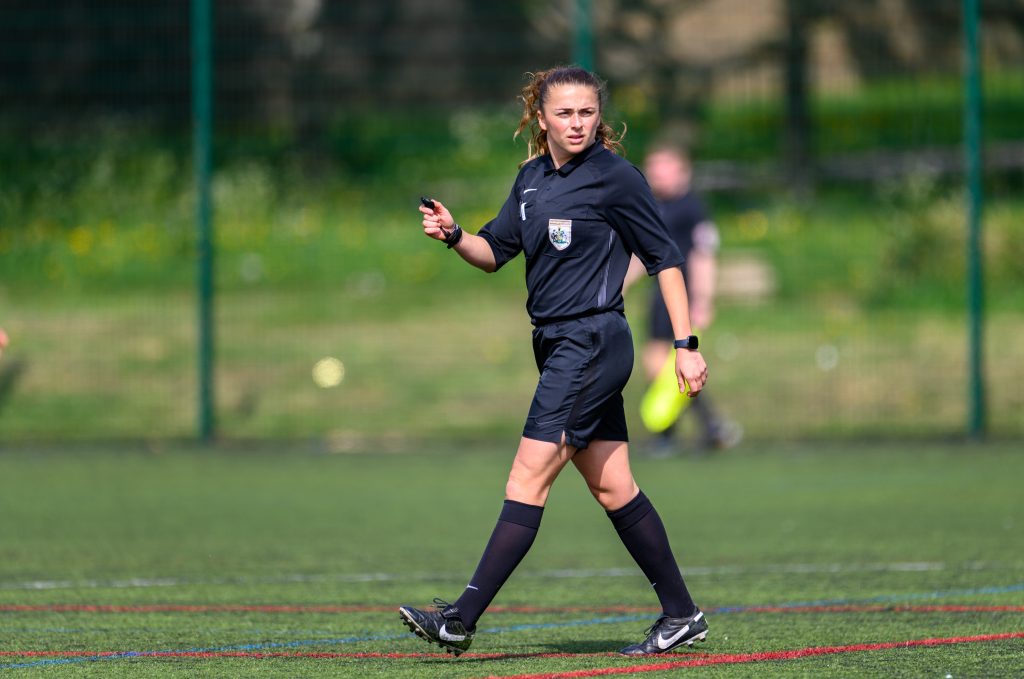
Women in Sport: What did your father say to you when you were young?
Pioneering female sailor Mandie Cran reflects on her experience as a young girl who dreamt of a career in a male-dominated sport.
Published
Women and girls are less active at every stage of their lives. The gender activity gap is wider than it’s been since reporting began, with 39% of women missing out on the benefits of being active by not meeting the recommended 150+ minutes of activity a week. Female participation in sport has been slower to recover since the pandemic. Inactivity levels among women have increased, with 27% of women doing less than 30 minutes of activity a week, 3% higher than men. There is a particular gap around team sport, with just 3% of women taking part. When it comes to children, a staggering 22% fewer girls than boys take part in team sport.
Sport England
Sport England
We know that simply encouraging women and girls to play sport isn’t enough. Deep rooted gender stereotypes tell women and girls that sport is not for them from a frighteningly young age and reinforces these messages throughout their lives. We have to smash these stereotypes and the misogyny that goes with them to close the gender activity gap. We have to empower teachers, coaches and others who work with girls to understand these stereotypes, as well as the unique physiological and biological challenges girls face.
We must recognise the power of women’s sport to inspire our nation and that means funding women’s sport properly, giving it the media coverage it deserves and ensuring gender-balanced leadership. We have to remove practical barriers too, things like inappropriate kit, lack of available and suitable toilet facilities at sports clubs, and sexism and misogyny at all levels of sport. We have to recognise the value of sport to women and girls and the impact it could have on the health inequalities that affect them.

Our five policy asks, which should be implemented by the UK Government and the governments across the devolved nations, are:
Make gender impact assessments mandatory for all sports organisations in receipt of public money and use this data to make more equitable decisions about investment in women’s sport, including equal pay.
make it mandatory for all sports organisations in receipt of public money to have 50-50 representation of the sexes on their boards and do more to support the sector to improve the diversity of senior staff (especially CEOs, Performance Directors and Chairs). Work with public service broadcasters to achieve parity in their sports coverage.
Make anti-misogyny policies and training mandatory for any organisation in receipt of public money, including the governments themselves and their agencies.
Recognise the value of sport and physical activity to improving some of the most pronounced health inequalities that affect women and girls throughout their lives. Governments should embed sport and physical activity in updated women’s health strategies.
Work with the sport sector to harness the expertise that exists in sport and physical activity that would improve the training offered to teachers and coaches on the physical and biological realities of being a girl, especially the impacts of female puberty, and gender stereotyping.
All of these are cost neutral, involving changes to the way money is spent or the conditions placed on existing spending rather than new or increased spending commitments.
At Women in Sport, our vision is that no one is excluded from the joy, fulfilment and lifelong benefits of sport. Our purpose is to create lasting positive change for women and girls in sport and society. We want to see more women and girls being active, taking part in sport and, crucially, finding the joy in it. We want to close the gender activity gap between boys and girls, men and women.
To find out more and read our full chapter visit: The Road to the Manifestos 2024 | Sports Think Tank

Pioneering female sailor Mandie Cran reflects on her experience as a young girl who dreamt of a career in a male-dominated sport.

With high-profile sportsmen Ugo Monye, Andy Murray and Siya Kolisi voicing their support for women's sport, we reflect on why male allyship is essential to change the game.